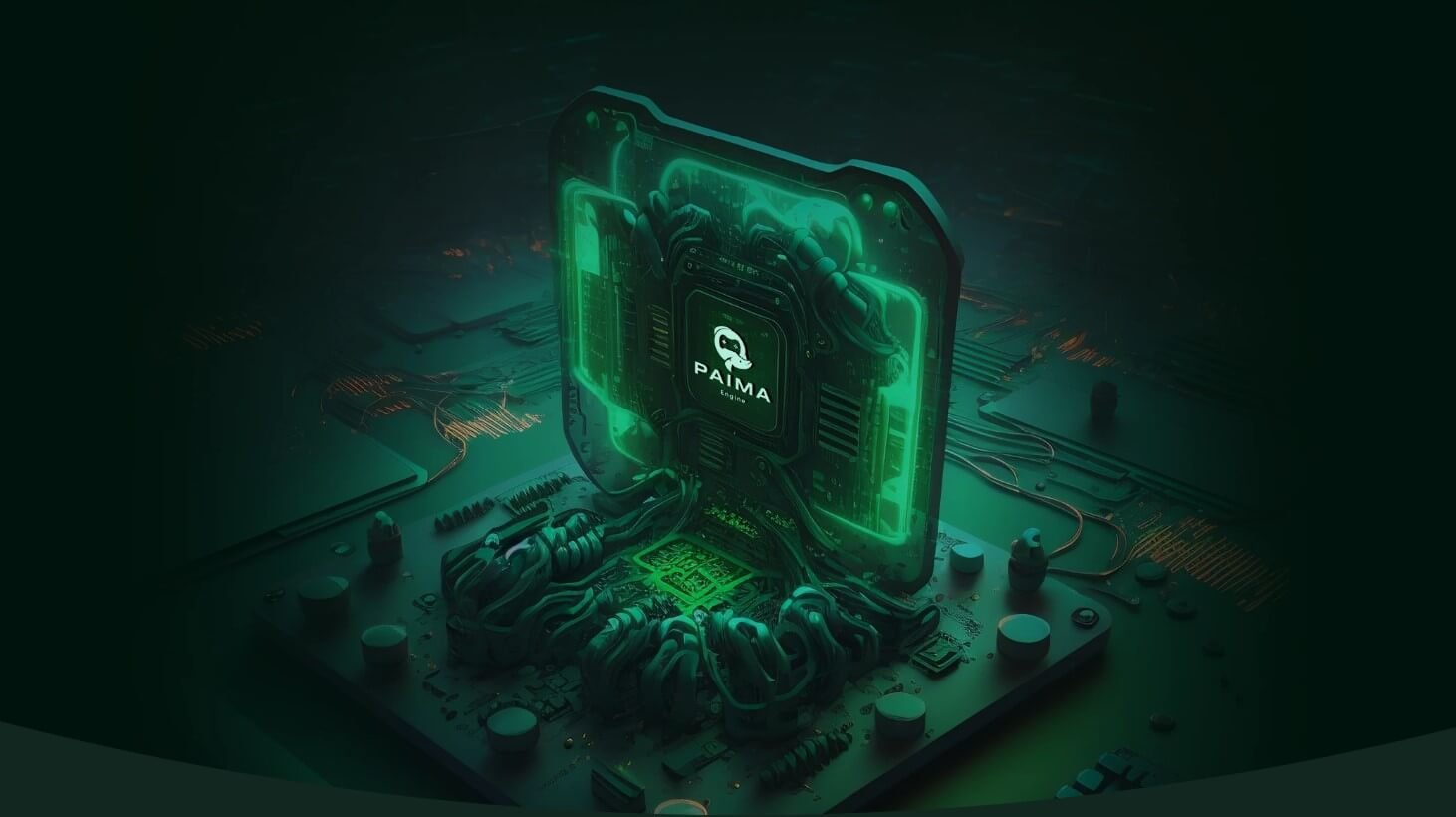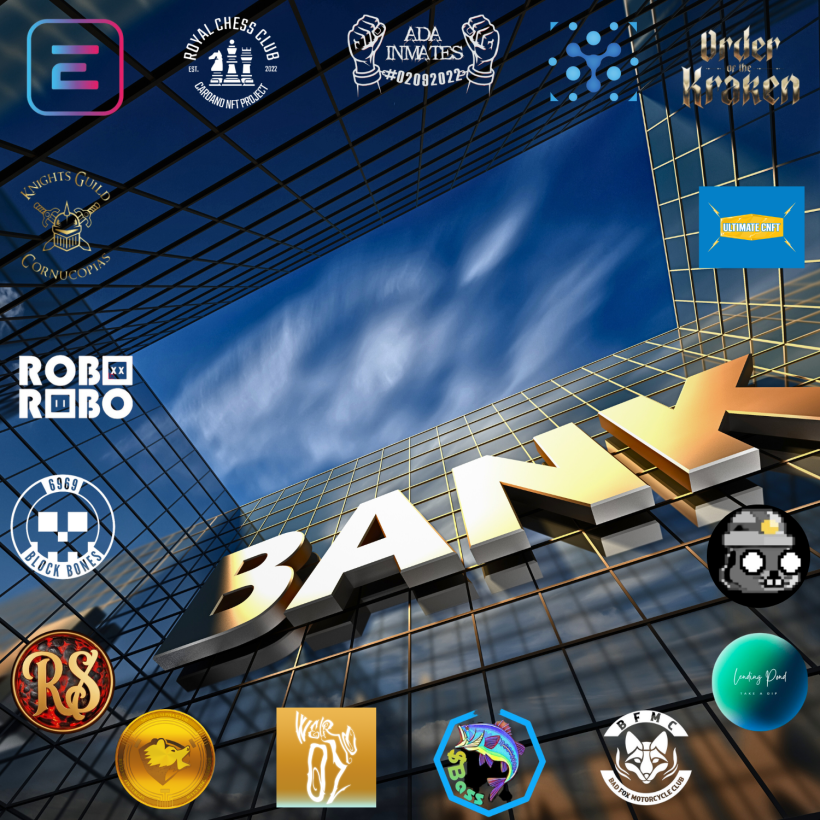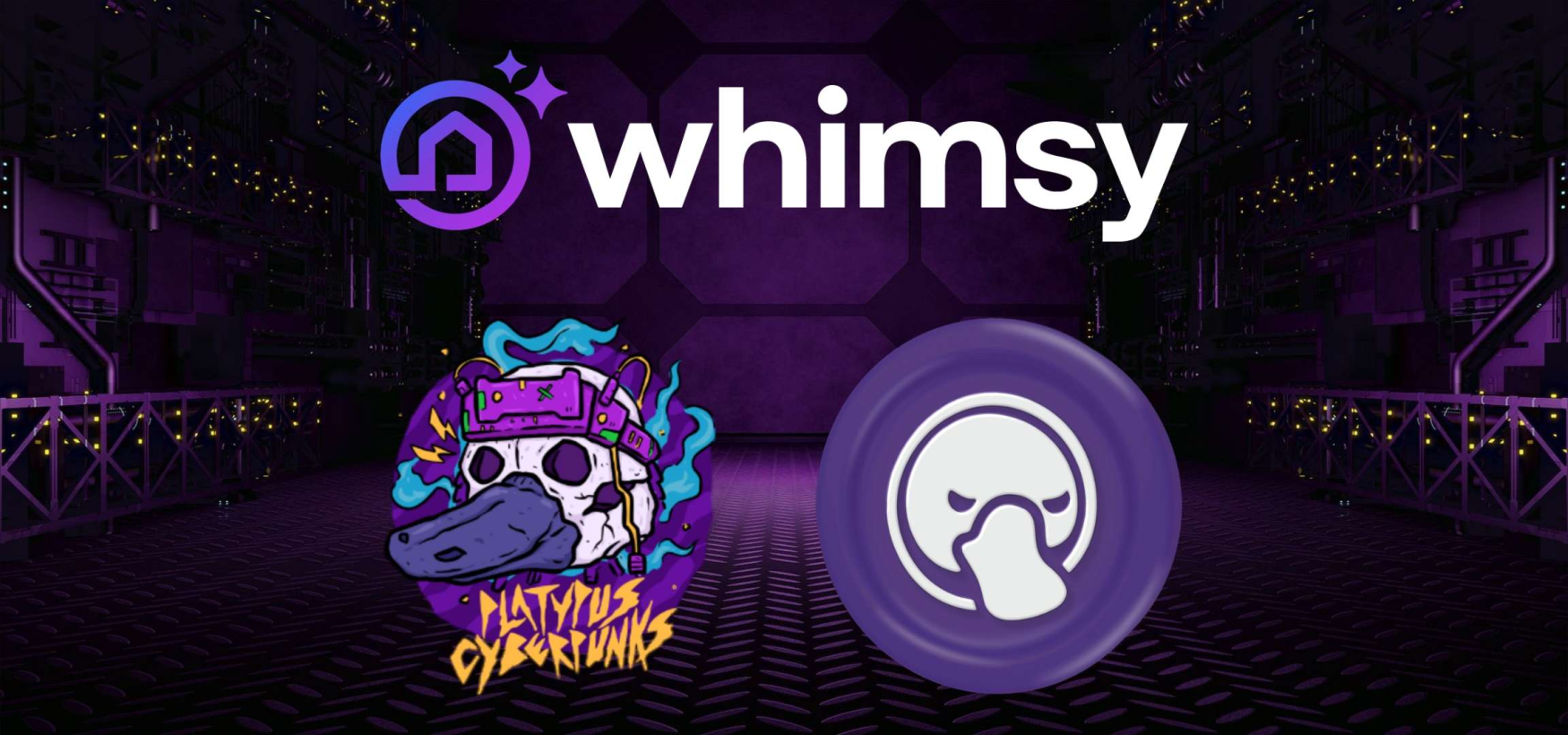ClimaFI and Cardano Prepare for Impact
ClimaFi plans to develop an Impact Verification Ecosystem
Anyone whose attention is directed towards the more pressing concerns facing humanity will be familiar with the UN’s, 2030 Agenda for Sustainable Development. If taken at face value, the agenda proposes a plan to eliminate poverty and hunger, provide clean water, clean energy and sanitation for all. It aspires to improve economic growth while ensuring a better sense of health, well-being and overall equality for everyone on Earth.
Those are just a few of the 17 Sustainable Development Goals (SDGs), which can be categorised into ‘The Five Pillars’ of peace, planet, people, prosperity and partnership.
The literal manifestation of these pillars can best be encapsulated by envisaging a world devoid of poverty and hunger, where humanity enjoys flourishing economic progress (in harmony with nature), free from the infection of war. However, while the United Nations sets about implementing our long overdue utopia, the ripples made by the impact of its agenda do not disseminate with equal consequence.
Sustainable Development Goals in a Nutshell
“The Social Responsibility of Business Is To Increase Its Profits” Milton Friedman, 1970.
Never has the above statement been more outdated or less socially acceptable. The inequality that has so far rampaged across the globe unchecked has seemingly crescendoed, reaching the point where ignorance can no longer be feigned. No politician, UN delegate, or corporate leader can survive long in their position without at least appearing to tackle some of the above-mentioned issues. As such, legislation and expectations have been composed in order to ensure that businesses are doing their bit to combat these problems, i.e. SDGs.
As a result, an entirely new business model has emerged, that of Impact Business Models (IBMs). An IBM is one in which an organisation creates a positive impact, either as a direct or indirect consequence of doing business. This could be via selling ethically sourced goods (Fairtrade), by the environmental consideration surrounding how a specific process is undertaken, or simply in how the company is structured in terms of diversity and inclusivity. SDGs operate in a similar manner to ‘Green Targets’ for businesses, yet they encompass a far broader spectrum.
Now, whether or not the likes of BlackRock and others genuinely care about justice and equality for all is debatable, however, one thing that has transpired is that impact business is big business, with an increasing amount of financial investors only willing to provide capital to organisations who can verify their impact claims, i.e. proving they do what they say they’re doing. This could take the form of hitting emission targets, but as already stated, it covers a range of things, like clearing waterways or employing more women.
Over the last few years most of the world’s largest corporations have announced their plans to address greater levels of sustainability, in an effort to alleviate public concerns about climate change and other issues regarding social equality. However, things aren’t quite so straightforward for SMEs (small and medium-sized enterprises).
So, What Exactly is The Problem?
While it sounds great, the issue with this idealistic approach is that SMEs are often unable to meet the stringent requirements for reporting and proving their impact claims. This can be off-putting to potential investors who want to invest in impact businesses but need to know the organisation is genuinely having the impact it claims. This could be for any one of the 17 SDG goals set by the UN.
Unfortunately, due to the large costs involved in both the reporting and validating of any impact claims, a lot of otherwise well meaning businesses are left out of the loop, and miss out on transformative investment opportunities.
There are organisations like B Corporation, that already offer an impact reporting service, however, only larger companies with an abundance of staff are able to compose and file reports in accordance with their stipulations. What it really boils down to is that only the big players can afford to jump through the hoops required to report and verify their impact claims.
ClimaFI Proposes a Framework for Success
ClimaFI is a company whose aim is to provide access to investment funds for businesses that generate impact, but who are not equipped with the capability to meet the rigorous SDG reporting standards expected by most investors. With this in mind, the team has assembled a cross-chain group in order to develop and pilot an Impact Verification Framework, one that will leverage decentralised identity solutions in order to standardise the way organisations communicate and prove their claims.
ClimaFI is currently developing an Impact Data Platform where companies can submit their impact data for review by investors (existing or potential). To give investors confidence about the impact claims reported through this service, and with the potential help of Project Catalyst, they also aim to develop and pilot a Trust over IP (ToIP) framework for an Impact Verification ecosystem.
In the proposed new ecosystem, all participants involved will agree on the trust protocols. This pilot scheme will be carried out in coordination with impact-generating businesses, who will submit their claims for inspection. Third party impact verifiers will then issue certifications against the impacts they have validated.
What is The Plan?
ClimaFI founder Yaron Cohen has formed a team with a wealth of experience in assisting impact-generating businesses and projects across the African continent. In partnership with impact SMEs, they are developing optimal business growth-financing solutions and supporting their applications for funding. In future, ClimaFI aims to have its own capital vehicle to co-finance SMEs alongside third-party funders and unlock greater volumes of funding. They also offer an advisory service, where they assist businesses in managing and reporting their impact in a manner that is acceptable to investors.
Given that this is a relatively new market, it is a sad state of affairs that impact washing of claims is not uncommon among less scrupulous organisations, similar to the greenwashing we have seen concerning Carbon emission targets. With this in mind, the framework they plan to establish will support the verification of the impact claims made by businesses. Participants will use verifiable credentials as a process for verifying impact, in a way that is both clear and transparent. This is of paramount importance to investors who seek to mitigate risk, and will also have varying requirements for assessing the credibility of impact claims.
In scenarios where organisations such as large governments and NGOs provide money up front, there is less incentive for businesses to actually make the impact they claim they will. However, once established, ClimaFI’s new framework will provide companies an opportunity to monetise impact, through organisations offering results based finance. Because the money is only provided after the results have been achieved, businesses are incentivised to deliver in an efficient and economic way. The positive impact generated benefits everyone, even non-stakeholders. Once trust in this impact verification process is established, ClimaFI aim to simplify impact monetisation through result based finance, by tokenising verified SDG impact and making it accessible through an impact token marketplace.
How Will it Work?
ClimaFI’s pilot scheme will operate as follows, businesses register their claims regarding their impact outcomes, and parties whose sole purpose is to verify these claims will do just that, issuing credentials upon successful verification. In order to establish this as a future base model, investors with a fondness for IBMs will be interviewed and asked how confident they are in the validity of the certification, and the level of assessment undertaken.
They will also be asked whether or not their requirements for the mitigation of risk were met, as this new approach will crowd-source impact verification, making it a contemporary step forward from the existing practice that is resource intensive, and reliant on external experts in monitoring and evaluation who are too costly for most SMEs.
ClimaFI’s proposed use of Atala PRISM, the self sovereign-identity (SSI) platform and service suite provides almost endless room for scaling. It allows the crowd to ensure that consensus and reputations will be developed based on each community verifiers history of consistency and accuracy.
(For an example of the kind of impact businesses that ClimaFI has experience working with, and that would be part of an impact verification pilot, please see the recent case study of a customer-centric financing solution for solar powered mills sold by Agsol.)
Where Does Cardano Feature?
A ToIP ecosystem is by its very nature collaborative, therefore, establishing a cohesive working group with different stakeholders in the impact measurement/verification space will ensure that the ecosystem protocols address everyone’s needs. Of equal importance is maintaining the high standards of integrity that are to be expected when verifying credentials from business to business, across a multitude of geographical locations.
In essence we are talking about the development of an ecosystem in which all parties, both current and potential have an equal sense of assurance regarding the quality of the technology involved. Because of this, ClimaFI’s proposal is perfect for the utilisation of Atala PRISM. Given the continued growth in impact investment (a GIIN 2022 report estimates the impact investing market at $1.16 trillion), largely based around SDG outcomes, this framework will help drive adoption for the tooling built around Atala PRISM, and by extension the importance of the Cardano blockchain in the ToIP technology stack. It should be mentioned that although the project contains team members who have already participated in the Atala PRISM Pioneers Program, they also intend for additional team members to participate during the next iteration of the program. This verifies their commitment to the pursuit of excellence.
Partnerships That Make a Lasting Impact
Because the successful reporting and validation of impact claims will rely on the collaboration and approval of multiple parties, it makes sense that ClimaFI is bringing in other organisations in the impact reporting and tokenisation space to contribute, providing a wider range of perspectives.
The execution of the impact verification ecosystem will only reach peak efficacy with the collaboration of both visionary and technically astute partners, ones who will assist in developing the framework by defining the protocols for open and transparent verification methods. This means that different platforms (not just ClimaFI) can be interoperable in the verification of impact claims.
First into the limelight is ixo. Their protocol defines a new standard for making verifiable impact claims, with their technology stack making it easier to measure, verify and track the impact that any given project is having. It also allows for the tokenisation of impact claims.
Up next is Sustainable ADA, a social enterprise founded by Cole Bartlett and Razali Samsudin, the chief aim of which is to marry Cardano blockchain technology with wider reaching sustainable development goals. They recently published the ‘Cardano Impact Report’ for 2023, which details how blockchain is re-calibrating the way we view value, identity, and positive social and environmental impact.
Finally we have Topl, who have been active at the intersection of web3 and Impact for the past five years. Topl states that, ‘our current economic systems don’t incentivise behavior that drives a sustainable planet and positive social impact.’ As such, it created a new interoperable blockchain protocol with the aim of creating a sustainable world. Their modular, permissionless proof-of-stake blockchain is transparent, secure, scalable, and energy-efficient. Playing a pivotal role in the framework ecosystem collaboration is Erin Murphy, Chief Growth Officer, Nick Edmonds, Head of Developer Ecosystem, as well as Chris Gerogen and Adelaine Bhattacharjee.
Impacting the Future Through Blockchain
The abject irony of promoting SDG targets, only to restrict the verification process so that it benefits larger, corporate entities is preposterous. In fact, the more cynical among us could be forgiven for thinking that the odds have been intentionally tipped in favour of the multi-national conglomerates. However, thanks to genuine innovators such as ClimaFI and their aforementioned partners, operating an impact-generating business may finally be within reach of most SMEs. If successful, ClimaFI’s Project Catalyst proposal could prove to be fundamental in society’s evolution towards using blockchain technology for the overall betterment of humanity.
Empowa’s, Phil Lewis, is contributing to the technical implementation of the project for ClimaFI. You can listen to him give a detailed description of the overall proposal on the following Twitter space.
To read ClimaFI’s Project Catalyst proposal in full, click here, or follow them on Twitter.







